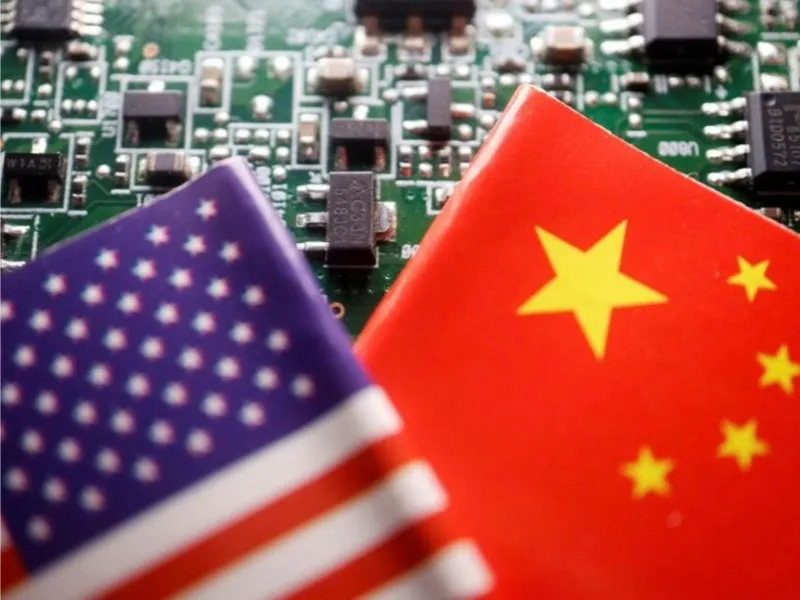- The US is considering restricting Chinese imports of AI memory chips such as Micron and SK Hynix, starting as soon as next month.
- If implemented, the new rules would cover HBM2 and more advanced chips, including HBM3 and HBM3E, as well as the tools needed to make them.
OUR TAKE
Micron is largely unaffected, as the chipmaker has not exported its HBM products to China after Beijing banned its memory chips from being used in critical infrastructure in 2023. HBM chips need to run artificial intelligence semiconductors, such as those sold by market leader Nvidia and ambitious rival AMD.
–Zora Lin, BTW reporter
What happened
The United States is considering unilaterally restricting Chinese imports of AI memory chips such as Micron and SK Hynix and equipment that makes AI semiconductors, starting as soon as next month, according to Bloomberg.
The measures are aimed at preventing Micron, South Korea’s SK Hynix and Samsung from supplying Chinese companies with high-bandwidth memory (HBM) chips that are crucial to help run complex generative AI programs, according to people familiar with the matter.
If implemented, the new rules would cover HBM2 and more advanced chips, including HBM3 and HBM3E, as well as the tools needed to make them, the report said, adding that no final decision on the limits had been made.
While the new measures will restrict direct sales of HBM chips to Chinese companies, it is unclear whether high-end memory chips bundled with AI accelerators will be allowed to be sold to China.
Also read: Samsung forecasts AI-driven chip demand surge
Also read: Samsung forecasts robust AI chip demand amidst soaring profits
Why it’s important
The US restrictions on Chinese imports of artificial intelligence memory chips and semiconductor equipment show the growing competition between the two countries in the technology sector. These restrictions could affect China’s progress in artificial intelligence technology, especially in generative artificial intelligence, and thus affect China’s position in the global technology competition.
On the other hand, in the face of external restrictions, China may increase its support and investment in the local semiconductor industry to promote independent research and development and production capacity. In the long run, this may promote the independence and self-sufficiency of China’s semiconductor industry and change the global semiconductor industry landscape.
If the United States imposes these restrictions, it could cause further friction between China and the United States in the trade and economic fields. China may take countermeasures, leading to increased confrontation between the two sides on trade policy, which in turn affects global economic stability and market expectations.

